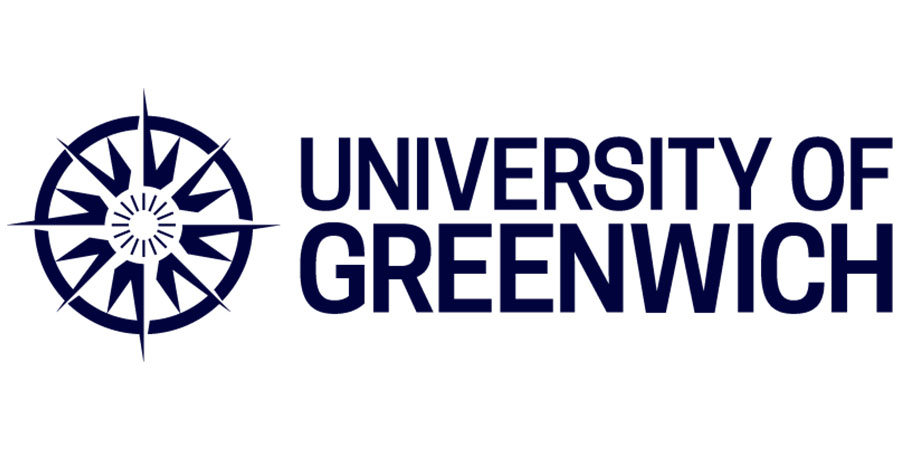PhD Studentship : Endohedral Fullerenes for Portable Atomic Clocks: Molecules Carrying Time
University of Greenwich - Engineering
| Qualification Type: | PhD |
|---|---|
| Location: | Chatham, Kent |
| Funding for: | UK Students, EU Students, International Students |
| Funding amount: | See advert for details |
| Hours: | Full Time |
| Placed On: | 19th November 2024 |
|---|---|
| Closes: | 31st December 2024 |
| Reference: | VCS-FES-13-22 |
Description
Clocks are found inside billions of computer chips, worldwide. Atomic clocks enable accurate localization by timing, as used in GPS systems. At present, most atomic clocks are large and power-hungry; there is a clear need for a clock that could work inside a portable device. We are proposing a completely new approach to atomic timekeeping: a low-cost, solid-state miniature atomic clock using nature’s atom traps: endohedral fullerenes. Endohedral fullerenes are molecules in which spin-active atoms or clusters are trapped inside a carbon cage. While protected by the cage from environmental disturbances, the resonances of the spin can be interrogated by radiofrequency magnetic fields. This is the basis for an entirely condensed-matter frequency standard.
Portable atomic clocks may find a number of new applications. For example, warehouses, postal depots, and even subways may in future be equipped with their own local positioning systems using small-scale wireless base stations. Parcels, equipment, and people could then be tracked via time-of-flight of radio signals. Even driverless cars would benefit from an on-board device that kept very accurate time, particularly in challenging terrains, such as tunnels, where the satellite GPS signal is weak.
Objective and strategy
The main objective of the project is to evaluate a number of different endohedral fullerene molecules for their use as frequency reference standards for atomic clocks.
In this project, we shall synthesise endohedral fullerenes such as N@C60 and metallic endohedral fullerenes (metallofullerenes) using state-of-the-art production facilities including an ion implantation reactor and an arc-discharge reactor. We shall purify these molecules using high performance liquid chromatography (HPLC) and we shall characterize them spectroscopically using UV-Vis absorption spectroscopy, mass spectrometry, electron paramagnetic resonance (EPR) spectroscopy and other methodologies. Hence, the PhD student working on the project, will acquire significant skills in the synthesis and characterization of nanomaterials and will be trained in state-of-the-art techniques that can be found in only a handful of laboratories worldwide.
We shall assess the use of several endohedral fullerenes as atomic clock elements. We shall optimise their performance as frequency standards by improving their purity, optimising solution concentrations, and chemically functionalising them where necessary. We shall attempt to synthesize other endohedral fullerenes such as P@C60, which also possess clock transitions.
The student will be part of the carbon nanomaterials group at the School of Engineering, University of Greenwich.
1st Class or 2nd class, First Division (Upper Second Class) honours degree OR a taught master’s degree with a minimum of 60% in all areas of assessment (UK or UK equivalent) in a relevant area to the proposed research
Project (inclusive of but not limited to Materials Science, Chemistry or Chemical Engineering).
Year 1: £17,668 (FT)
Year 2: In line with UKRI rate
Year 3: In line with UKRI rate
Advert information
Type / Role:
Subject Area(s):
Location(s):









